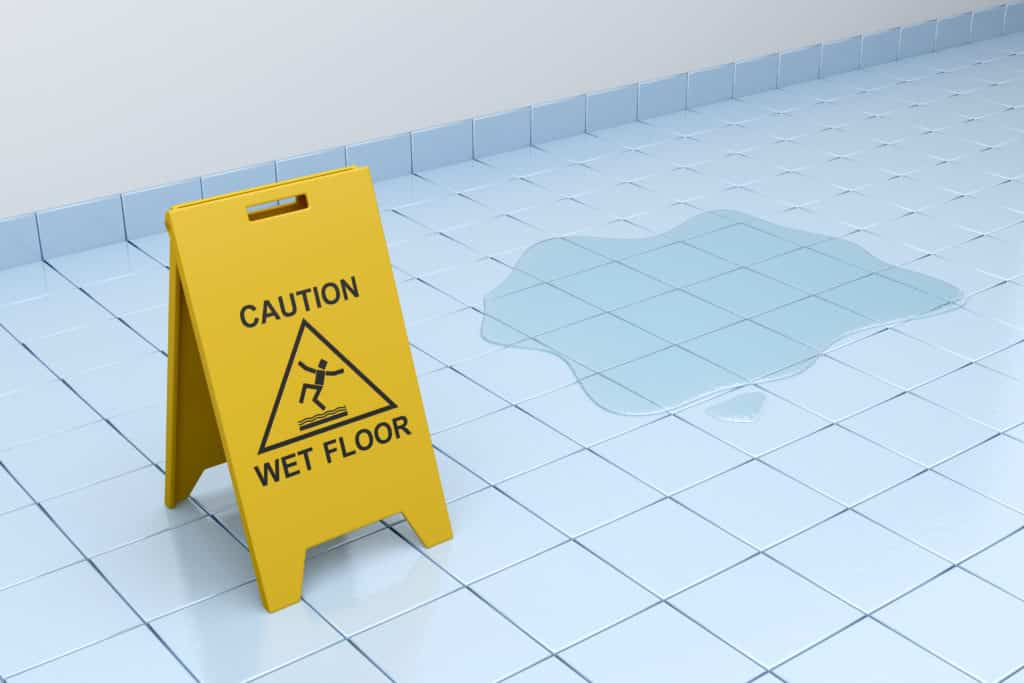
Slip and fall accidents happen every day. Unfortunately, these accidents can lead to severe injuries and sometimes death. If you were injured due to a slip and fall, you may be entitled to compensation for medical bills, lost wages, pain and suffering, and other damages.
In order to receive these benefits, however, you must file a claim within two years after the accident occurred. This means that if you were injured in an accident last year, you still have until next year to file a claim. This is true even if you don't think you're hurt too badly.
Our experienced slip and fall lawyers at Blank Kim Injury Law will fight for maximum compensation so you can focus on your recovery.
Where to seek medical treatment in the local area:
There are two main types of settlements available after a slip and fall accident:
Full payments cover everything related to your case, such as attorney fees, court costs, expert witness fees, medical expenses, and more.
Partial payments usually include medical expenses but exclude other damages. For example, partial payments would typically cover the cost of doctor visits, prescriptions, physical therapy, and any other treatment needed following the accident.
Compensation depends on several factors, including:
• Was the property owner negligent?
• Were witnesses involved?
• Did anyone else suffer similar injuries?
• Who was responsible for paying the claims?
• How quickly did the insurance company respond to the claim?
• How much did the insurance company offer to settle?
• How much money was spent on legal representation?
Slip and fall accidents happen every day. They occur most often in places such as homes, restaurants, schools, offices, shopping malls, hospitals, hotels, and public transportation. Slip and fall accidents can lead to serious injuries for employees and customers.
Here are the most common types of slip and fall injuries:
Slip and fall accidents happen every day. They occur in homes, offices, restaurants, stores, schools, hospitals, nursing homes, hotels, motels, and anywhere else people may go.
Injuries caused by slip and falls can range from minor cuts and bruises to broken bones and head injuries. If you were injured in a slip and fall accident, you may be entitled to compensation for medical bills, lost wages, pain and suffering, and other damages.
There are two types of slip and fall accidents:
Premises liability refers to an accident occurring on property owned by another person or entity.
General negligence occurs when someone fails to maintain safe conditions on public property.
When determining fault, courts usually focus on the party responsible for maintaining the property where the injury occurred. For example, if you slipped and fell on ice in front of a grocery store, the grocery store is typically considered 100% liable for your injuries.
Courts tend to hold businesses accountable for dangerous conditions existing on their properties for longer than they hold individuals accountable for similar problems. This means that if a building has been open for ten years without any issues, the owner is unlikely to pay for your injuries.
In Maryland, slip and fall accidents are common. They often occur when someone trips and falls due to an unsafe condition on another person's property. However, proving negligence in a Maryland slip and fall case can be difficult. This is especially true if the defendant denies any wrongdoing.
There are two types of cases involving slip and fall accidents:
Strict liability refers to situations where a property owner does not care whether they cause harm to others. For instance, if a restaurant serves food that contains harmful bacteria, the restaurant owner is strictly liable for causing illness.
Ordinary negligence involves situations where the property owner knows that a dangerous condition exists but fails to warn visitors or remove the danger. For example, if you visit a friend's house and notice that the kitchen floor is wet, you should warn your friend about the hazard. However, if you fail to warn them, you are guilty of ordinary negligence. To prove negligence, you must show that the property owner knew about the dangerous condition, failed to fix it, and caused your injury.
To learn more about slip and fall settlements in Maryland, contact the slip and fall law firm of Blank Kim Injury Law today. We offer free consultations and accept cases on a contingency fee basis, meaning there is no upfront cost to you.